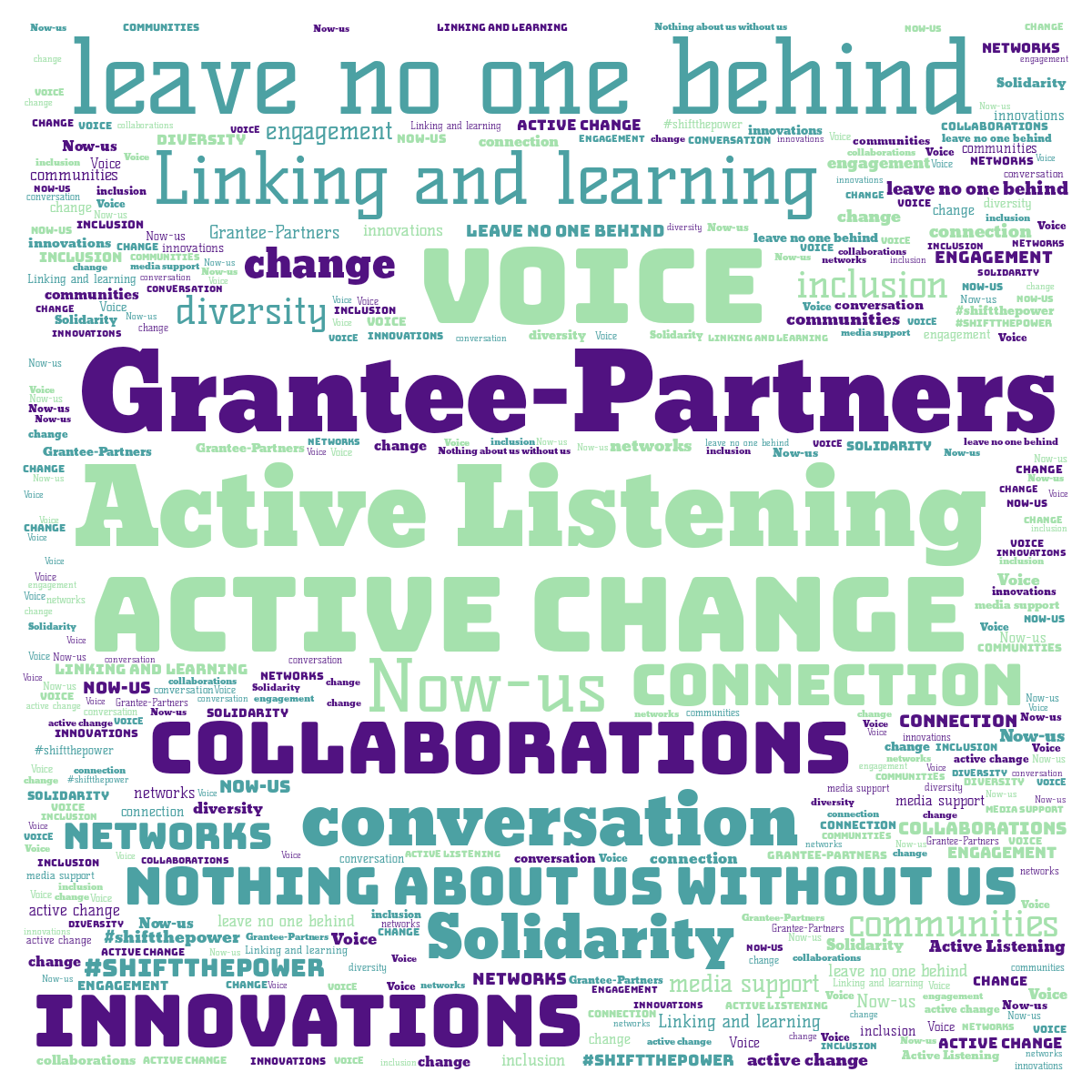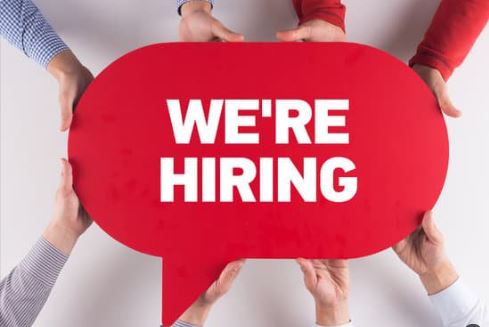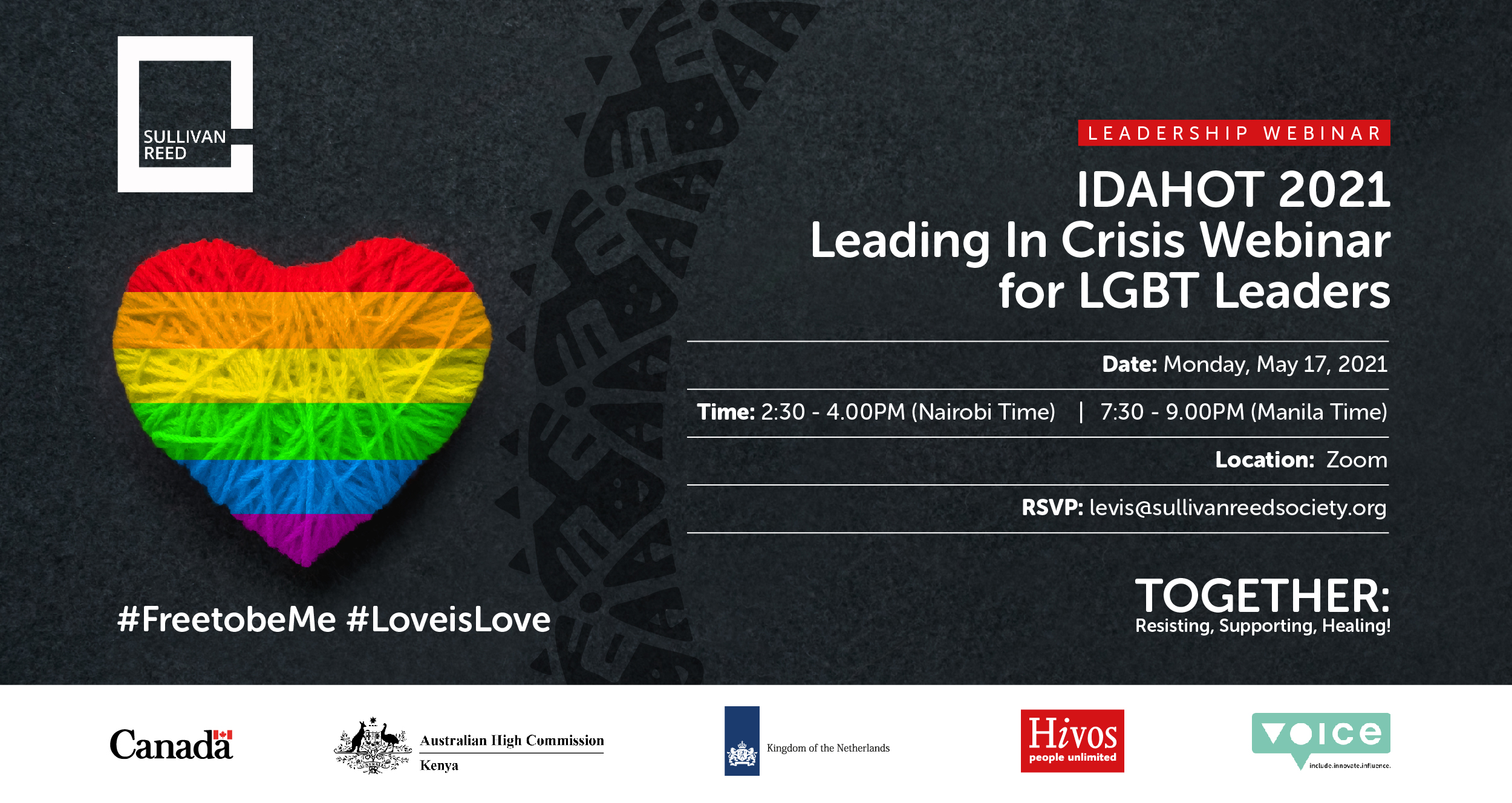Promoting Mutual Accountability for Trust based Grant Making
A nudge to redefine accountability
By Peris Kariuki
Over the last few years, there has been a growing interest in trust-based philanthropy and grant-making. A strong quest to review and enhance how development aid is allocated with a specific focus on reducing the burden for the recipients of the funding because of heavy administrative, monitoring, evaluation, and reporting processes. All this for good reasons but there are questions that keep lingering. What does this mean for accountability? Do we have to sacrifice accountability to achieve trust-based philanthropy and grant-making? If so, how then do we ensure and or know that our efforts are touching the lives of the people who are our reason for being? How do we know we are challenging and changing the status quo that reinforces discrimination and marginalisation of these people within their communities?
For most funders (primary and intermediary) there are elaborate frameworks put in place to ensure that the recipients of the funding are fulfilling the goals they set out for themselves. However, the systems set in place mostly ensure upward accountability. There is a constant need for information, sometimes even some that is not necessary. The funding recipients spend significant amounts of time working towards meeting the elaborate requirements set by their funders. Sometimes these processes even take up more time than the implementation of the projects themselves but how much information trickles back? What then does this mean for our legitimacy, trust-building and relationships?
While we might not immediately have definite answers to all these and other related questions, there is an opportunity for change. We can choose to be more proactive and aware and in this light move in the right direction by rethinking how we conduct our grant-making as well as monitoring and evaluation. Rethink the strategies we currently employ to uphold accountability as we endeavour to build and strengthen trusting and respectful relationships.
The transition from upward to mutual accountability
A key way of facilitating this transformation is by promoting mutual accountability. As Voice, we took a step to encourage “Grantee partners” and “rightsholders” to give us feedback through a Grantee perception survey commissioned by the Center for Effective Philanthropy. The Hewlett Foundation, one of Voice’s current donors, supported us in this endeavour. Based on the feedback received from grantee partners we came up with an action plan to improve our ways of working. We made a deliberate decision to share these commitments publicly to allow “Grantee partners” to hold us responsible for the engagements we make just as we hold them accountable. While we might not have figured out things completely, we are allowing ourselves to listen, learn and act.
Overall, we have been actively working towards transforming our relationships with “Grantee partners”. One of the key actions we have taken is in adjusting how we refer to the people we work with. We have transitioned from using the term “Grantee” to “Grantee partner” in line with our commitment to promoting stronger partnerships with rightsholders. However, the term “partner” remains a bit problematic and questionable given the kind of relationships we as “intermediary funders” have with the “Grantee partners”. Relationships that are largely defined by those we have with our funders. Heavy reporting and compliance requirements have often been flagged as a key challenge for “Grantee partners”. More often than not, these requirements are informed by the obligations set for “intermediary funders” by primary funders. How then will “intermediary funders” conduct trust-based grant making if they are also subject to one-way upward accountability? To take it a step further, how can ‘intermediary funders’ use the access and platform they have with “primary funders” to have critical conversations about the status quo of development assistance, which is inherently founded on inequitable power dynamics and requires intentional interrogation and new ways of doing.
Moreover, referring to grant-making facilities such as Voice as “intermediary funders” raises some additional challenges. This name does not fully reflect the work we do. In addition, it influences how “Grantee partners” view and perceive us. This then has a negative effect on our pursuit of a relationship characterised by solid partnerships where we walk hand in hand in our pursuit of change by co-creating solutions to existing challenges. Our work entails more than just funding. It includes non-monetary capacity strengthening support; availing spaces and facilitating connections, exchange of experiences and cross-learning between organisations through linking and learning. We make efforts to leverage our networks and platforms to amplify the initiatives of Grantee partners just to mention a few examples. Moreover, we remain invested in understanding better how we can contribute to a future where the partners we support remain resilient and supported, with or without Voice. Hence, there is a need for a sector-wide reflection on what name best fits Voice and other similar entities. While for Voice we have chosen to use the term “Grantee partner”, it is also important to have a wider reflection on the name that best suits the people we work with. A name that empowers them to be the best version of themselves.
Mutual accountability can be achieved by cultivating open and transparent communication. Acknowledging that power imbalances largely influence interactions between funders and the recipients of the funding, funders can and should commit to creating frameworks that move beyond upward accountability to facilitate downward accountability as well. Openly communicating about strategic goals and interests as well as how the information collected is a good starting point. This will play a key role in diffusing power.
In addition, funders and “intermediary funders” generally have a good level of security when it comes to access to funding for their interventions. This is not always the case for smaller Civil Society and grassroots organisations that constantly face challenges that affect the sustainability of their initiatives. They do not enjoy the same level of stability and or security that funding agencies enjoy and this reinforces the unequal power relations. Often, these CSOs and grassroots are forced to alter their identity, sometimes even reinvent their organisational strategies to access resources for their work. This then begs the question, can funders and “intermediary funders” explore ways of spreading and or sharing the stability and security, they enjoy with them? Can we work out more flexible terms that allow us to provide that security and stability?
Weaving Mutual Accountability into Trust based Grant making
While it might not be easy to harness accountability while promoting trust-based grant making, the two are not mutually exclusive. To build trust and promote accountability at all levels, conversations need to take place from the highest to the lowest levels. They need to happen between “funders” and “intermediary funders” just as they are happening between “Grantee” partners” and “intermediary funders”. Moreover, there needs to be goodwill from all parties to make the change. It is also important to note that trust-building is an ongoing process and as such, we have a responsibility to actively and consistently cultivate it. Small deliberate actions in the various steps of our interactions are what will feed into the bigger goals.
Committing to build collaborative and inclusive relationships based on mutual trust is key to establishing effective horizontal partnerships with diffused power. This will in turn contribute to strengthening that sense of responsibility, which drives us to do that which we ought to do and do it well. We can provide opportunities for stakeholders (i.e. funders, “intermediary funders”, CSOs, and communities) to co-create and co-own results, outcomes and goals. Having shared goals will also create that sense of shared responsibility with each actor playing their role to contribute towards a common vision. In addition, through this process, the various stakeholders will have a platform to define and elaborate commitments to which they can hold each other accountable. Consequently, these practices would strengthen local ownership while enhancing the legitimacy of “intermediary funders” and funders as entities with a genuine interest in supporting communities to own their growth and elevate their voices.








